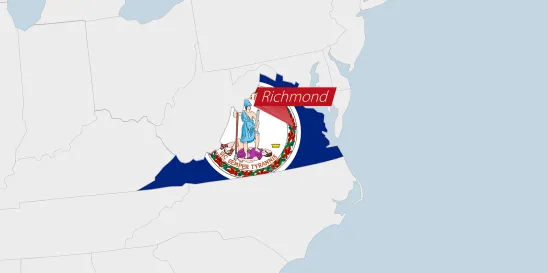Exercising its newly expanded jurisdiction that now permits Virginia’s intermediate appellate courts to hear insurance coverage disputes, the Court of Appeals recently reversed a lower court decision that allowed a two-year “Suits Against Us” provision to serve as a basis for an insurer’s refusal to reimburse repair and replacement costs incurred more than two years after the date of loss. Bowman II v. State Farm Fire and Casualty Co., Record No. 1256-22-3 (Nov. 21, 2023). CAV (unpublished opinion).
In the proceeding below, the circuit court found no justiciable controversy and dismissed the complaint where repairs to the policyholder’s fire-damaged home continued more than two years after the date of the fire. The circuit court relied on a two-year limitation in the policy that governed the period within which the policyholder must bring suit against the insurer.
The appellate court disagreed. Central to the “actual controversy” determination is whether the policyholder complied with the terms of the policy. That determination, the appellate court explained, depends on an interpretation of the policy itself. The policy states that the insurer will “pay the actual cash value of the damage… up to the policy limit, until actual repair or replacement is completed.” There is no express requirement that repairs be completed within a certain period of time.
After acknowledging the “well-established principal that conflicting provisions in insurance policies must be construed in favor of coverage,” the appellate court found that State Farm’s policy was ambiguous as to whether the policyholder was required to incur all repair and replacement costs within two years. Given the ambiguity, the appellate court reversed and remanded to the trier of fact for further proceedings, noting that the circuit court cannot resolve contractual ambiguity at the demurrer stage.
The insurer also argued that, even if the court granted relief and declared that the policy did not require costs of repair or replacement be incurred within two years of the loss, the “Suits Against Us” clause would still bar suit against State Farm since more than two years have now passed since the date of loss. The appellate court found this argument premature since traditional contract doctrines such as waiver and estoppel and the defense of impossibility might apply, allowing the plaintiff’s case to proceed despite the two-year limitation.
Changes to the Virginia Court of Appeals
The appellate court’s decision is a product of the court’s expanded jurisdiction. Until recently, Virginia was the only state that did not allow an appeal as of right. In addition, for decades, the Court of Appeals could only hear appeals in criminal, domestic relations, workers’ compensation and state administrative agency cases, leaving the majority of civil cases, including virtually all insurance coverage disputes, appealable only to the Supreme Court of Virginia’s discretionary review.
Since January of 2022, however, nearly every civil case—including insurance coverage disputes—may be appealed to the Court of Appeals by right. See Virginia Code § 17.1-405.
What does this mean for Virginia policyholders?
Where policyholders historically were at the mercy of the Virginia Supreme Court when seeking review of an adverse trial court ruling, policyholders now enjoy a guaranteed level of appellate scrutiny of adverse outcomes. The appellate court’s expanded jurisdiction also means that a greater number of insurance disputes in Virginia will result in merits-based decisions that should help to shape the body of case law available to policyholders that may find themselves litigating over coverage under Virginia law.





 />i
/>i

